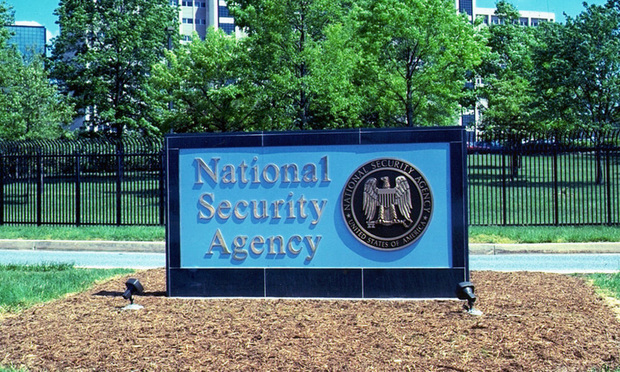“We’re trying to help people with the most sensitive secrets about lawbreaking by officials and by agencies to feel safe and feel like they have a path that doesn’t, until now, doesn’t really exist,” Tye said.
Tye said there’s been a “gaping need” for more whistleblower support that has spanned conservative and liberal administrations. Tye was a whistleblower in the Obama administration, and Zaid has represented organizations such as the Republican National Committee.
Still, Tye said today’s supercharged political environment added urgency to start the group.
“Like many others, we’re concerned by things that are happening: the decision to fire the FBI director [James Comey], a general lack of transparency in the government today and serious questions about rule of the law,” he said.
Government whistleblowers face an onerous dilemma. They take an oath to uphold the Constitution and the laws, but are often exposed to a wealth of classified information and top-secret practices they swear never to disclose. Tye said some illegally leak information to the press or others because it can seem like the only option.
Enter Whistleblower Aid. The firm, fueled by donations, will provide free legal representation to almost any government whistleblower who seeks it. Clients might be looking to report suspicious programs, executive overreach or criminal acts. The firm may provide guidance on how and to whom to file a whistleblower complaint, and set up meetings with congressional staffers to litigate First Amendment or qui tam cases in court.
The group may even go beyond legal services by helping fired whistleblowers make ends meet or coaching those who testify before Congress or speak with the media, Tye said.
“We’re trying to provide the full set of services that people will need to feel comfortable, to come forward,” Tye said.
Given the classified or sensitive nature of the information their clients may have, Tye noted security is a top priority. The only way prospective clients can contact Whistleblower Aid is via a website on the Tor network, a subsection of the internet that uses encrypted, anonymous connections that hide the IP addresses of computers accessing it. The group also developed “elaborate security systems and protocols” for communicating and storing documents, Tye said.




